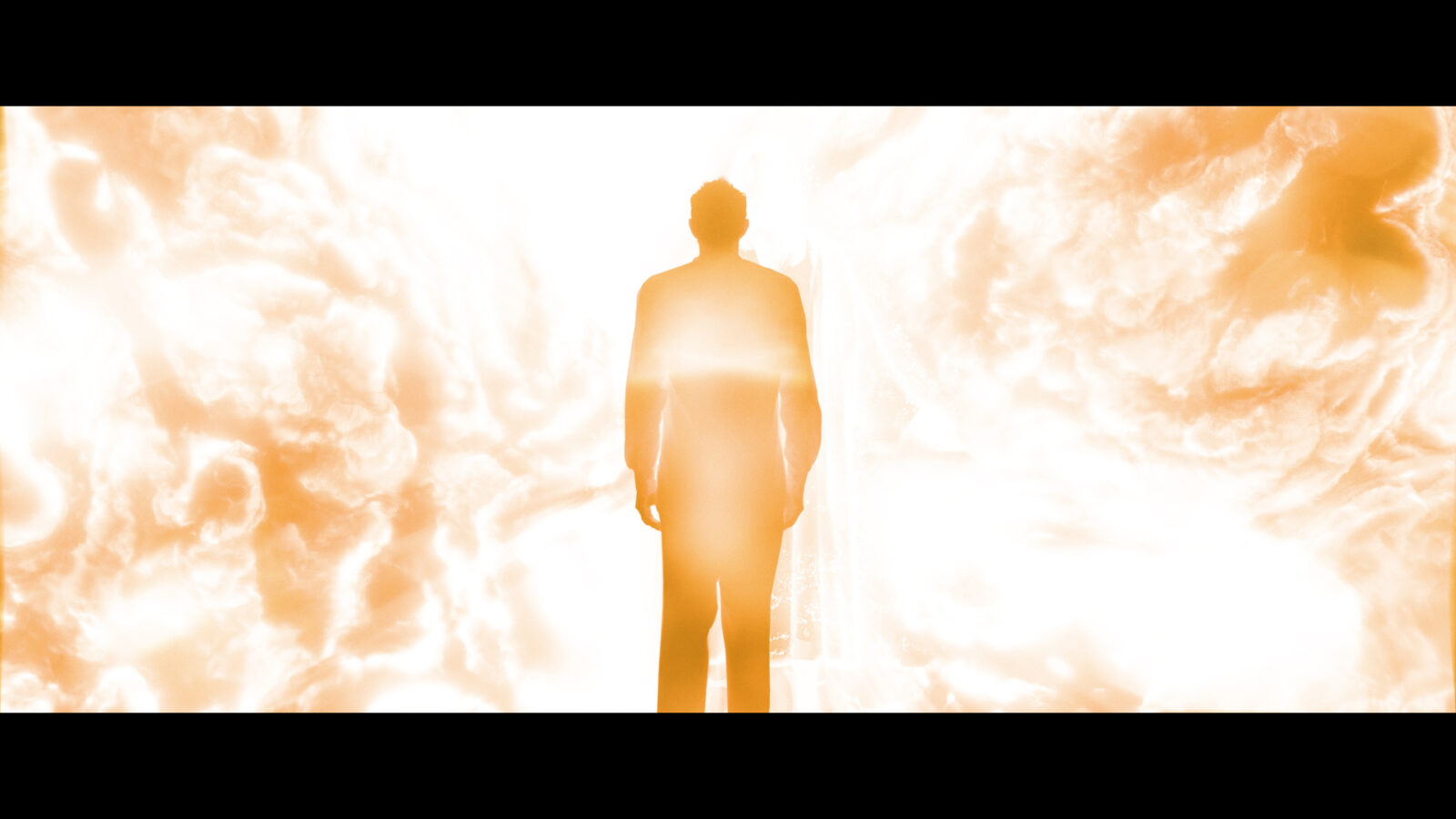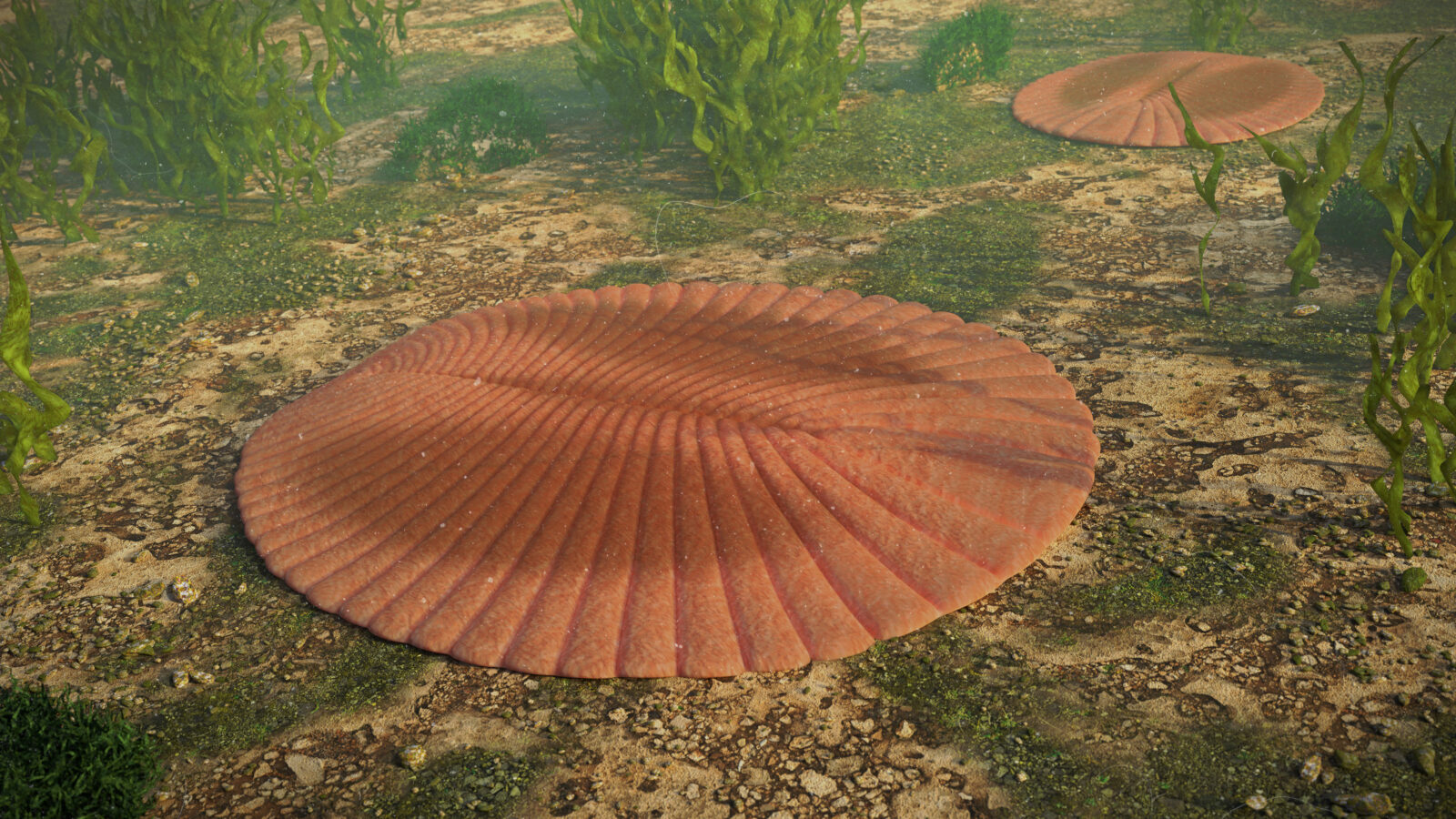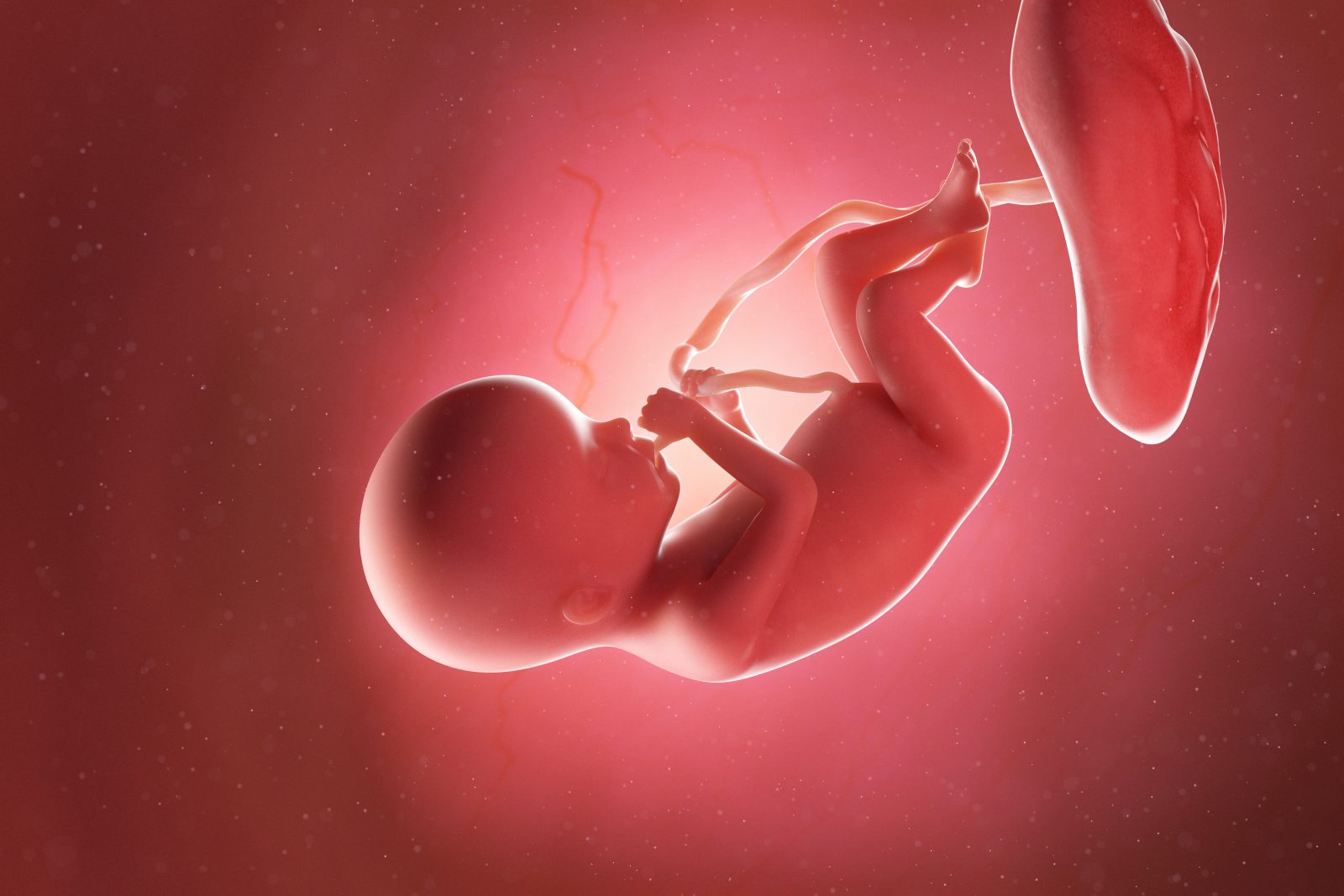


Günter Bechly on Why Seventy Years of Textbook Wisdom Was Wrong

Berlinski: Men Are Not About to Become Like Gods

Is a New Design-Based Paradigm of Biology Emerging?

Into the Mystic with a Neurosurgeon and a Neurotheologian
Today’s ID the Future continues the conversation between neurosurgeon Michael Egnor and neurotheologian Andrew Newberg. In this second and concluding part of their discussion, they further explore what experiments using brain scans reveal about how the brain is affected by meditation and mystical experiences, including near-death experiences. Also, what parts of the brain light up, and what parts go dormant, when someone is “speaking in tongues,” and how does someone who has this experience describe it, and does that description mesh with or clash with what turns up on the brain scans? Tune in to hear Newberg’s answer to this and other issues related to the mind-brain problem and the mystical. This interview is posted here by permission of Mind Matters and the Walter Bradley Center for Natural and Artificial Intelligence.

The Mind/Brain Problem and the Power of Meditative Prayer
It’s hard to know where the brain ends and the mind begins. How can studying our brains give us insight into our minds? On this ID the Future, neuroscientist Andrew Newberg and neurosurgeon Michael Egnor sit down for a chat about all things brain related including neurotheology, methods of studying the brain, and research on how various forms of religious and non-religious meditation actually change the wiring of the brain, including in particular a study Newberg did on Franciscan nuns and what they refer to as “centering prayer.” This interview is borrowed, with permission, from Mind Matters, a podcast of the Walter Bradley Center for Natural and Artificial Intelligence.

David Galloway: The Fetal Circulatory System is Irreducibly Complex
On today’s ID the Future, distinguished British physician and author David Galloway explains why he’s convinced that the human fetal circulatory system is irreducibly complex and therefore beyond the reach of blind gradualistic evolution to have built. In his conversation with host and fellow physician Geoffrey Simmons, Galloway also mentions some molecular machines that he’s convinced are irreducibly complex and shout intelligent design. The occasion for the conversation is Galloway’s new book, Design Dissected.